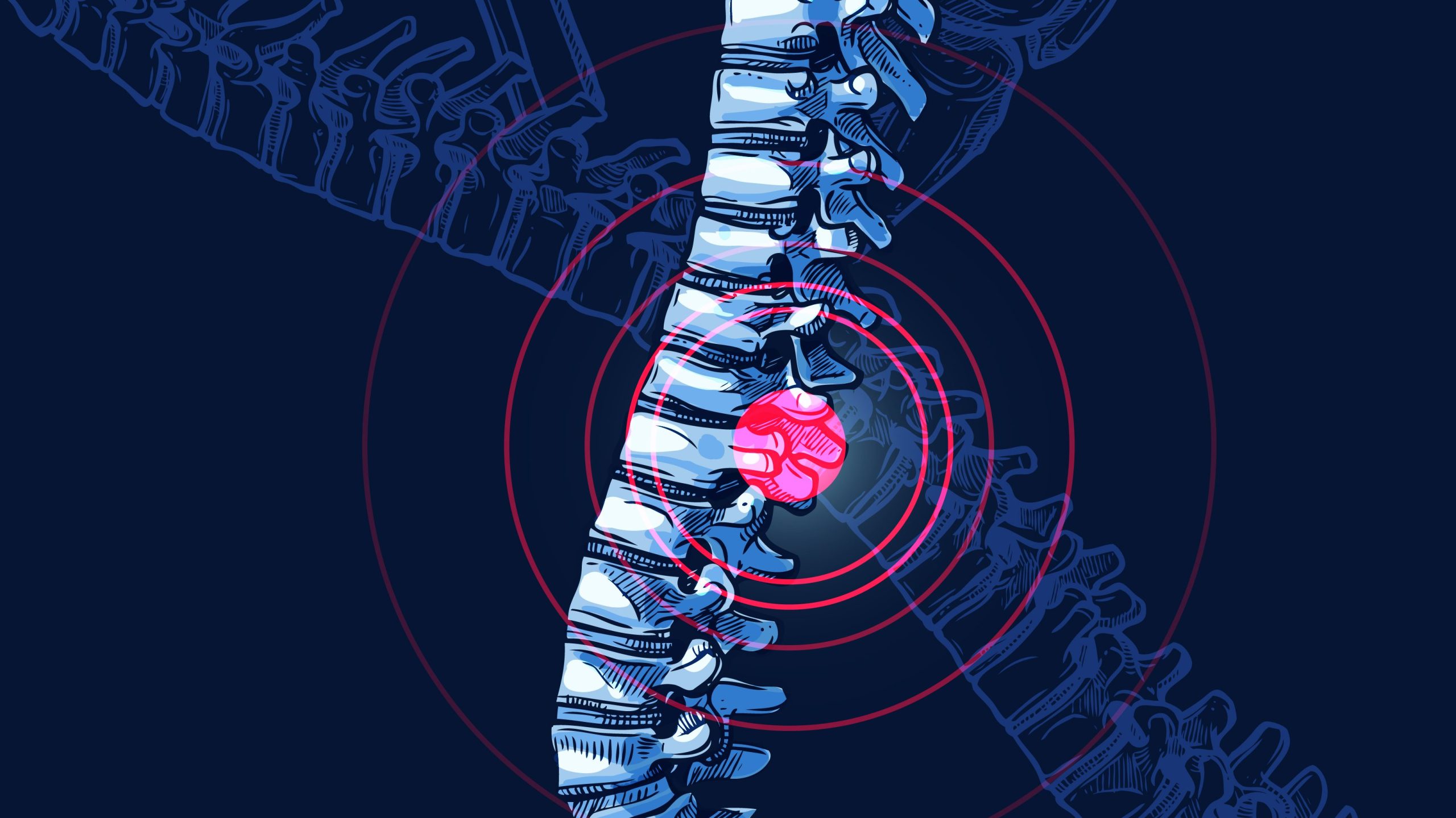This is the breadcrumbs block. Breadcrumb will populate on actual page.
Spinal Cord Stimulation
A life changing therapy that brings more than just the ability to walk again
Praxis exists to lead global collaboration in spinal cord injury research, innovation and care. We translate knowledge to bridge health evidence with real-world delivery. The word praxis means the practical application of a theory – moving knowledge into action. We measure our success through impact, how Praxis makes a difference to the SCI community.
“Epidural stimulation as has been life changing for me as a person living with SCI.”
Sandra Mulder – interview questions, Annual Report 2021
Praxis Spinal Cord Institute support and outreach for spinal cord stimulation (SCS) research across Canada is helping to raise awareness for this exciting new treatment in spinal cord injury (SCI). Grant funding, engagement with people with lived experience (PLEX), an SCS research hub, commercialization mentoring, and literature reviews all help to push opportunities for SCS through research and into the hands of users.
Why SCS?
Spinal cord injury results in more than just loss of walking function or quadriplegia; there’s a disruption to many other body systems, leading to issues with bowel and bladder emptying, temperature regulation, blood pressure maintenance, and respiratory function among others. These seriously impact quality of life and can precipitate conditions such as autonomic dysreflexia, which can be fatal.
What is SCS?
As an additional finding from studies looking at SCS for managing intractable pain, researchers noted that electrical stimulation through implanted electrode arrays could also help people with SCI walk again. Further research showed that not only was locomotion made possible, but SCS through either implanted or non-invasive devices made a huge difference in bladder and bowel function, management of autonomic dysreflexia and other clinical issues associated with SCI. In short, a lot of the secondary complications that arise post-SCI that impact quality of life could be managed or abolished with SCS of specific spinal regions.

“The positive effects were substantial; with an increase in strength and endurance, particularly in gross motor function, over a much longer time period with reduced fatigue and enhanced recovery.”
John Chernesky (SCI Line interview – taking part in SCS study)
Praxis is highly involved in exploring this exciting new potential in SCI therapy. Support ranges from funding and literature reviews for researchers to engagement with PLEX for their experiences of SCS and priorities for treatment. Praxis SCI Commercialization programs mentor and guide companies with medtech innovation, bringing SCS devices from bench to bedside and into the hands of users.
- Grants and funding
Team Planning Grant support for Dr. Andre Krassioukov on non-invasive transcutaneous SCS for bowel, bladder and sexual health management led to initial pilot data gathering. From this, the team won major funding from the US Department of Defense Office of the Congressionally Directed Medical Research Programs (CDMRP) to conduct a translational study on spinal cord stimulation. His application was recommended for funding for the F21 Spinal Cord Injury Research Program Translational Research Award. - Literature review
The SCS Scoping Review, designed to describe the status of SCS research in the restoration and/or improvement of motor, sensory and autonomic function for individuals living with SCI, reviewed 103 original research articles and highlighted priority areas where more research is needed to improve the evidence for efficacy and safety. - PLEX user experience outreach
By acting as a hub for user feedback, Praxis has supported a virtual session, which brought three PLEX together online to share their experiences of SCS. There’s also been raised awareness from interviews and feature articles. - In April 2020, Praxis collaborated with NASCIC in the SCIPOP-SCS Research Survey, soliciting feedback from PLEX to identify priorities, share expectations and assess demand for spinal cord stimulation.
- SCS research hub support
Establishing a digital presence in SCS for Canada, Praxis hosts web resource pages to connect researchers and PLEX for information, clinical trials and news. The institute has also initiated an e-newsletter to share initiatives and updates among the SCS research and commercialization communities. - Commercialization mentoring
Companies, SpineX and Neural Drive have benefitted from PLEX guidance from Praxis SCI commercialization programs that help refine innovation along PLEX priorities. One-on-one mentoring from skilled commercialization and business leaders helps companies bring their medtech innovations successfully to the marketplace. SCI Accelerate program alum, SpineX has reached clinical trial status for its SCONE™ transcutaneous spinal cord stimulator, which has been recognized by the FDA as a Breakthrough Device. SpineX SCS technology is also showing good results in supporting children with cerebral palsy, showing how this innovative therapy is not confined solely to SCI treatment but is applicable for a much broader range of medical conditions.
“I think that what I liked a lot about it was that I could come back and live life. So that was really important to me, having young kids…so I really enjoyed that part of the trial that I didn’t have to be somewhere for six intensive months of therapy on top of it all. … I really enjoyed the trial. I think it was amazing. I had huge support from all of the doctors involved so for me it was a really good experience.”
Sandra Mulder Canadian SCS Interest Group Meeting June, 2021 on her experience during an SCS trial
SCS has the potential to be a game changer in the lives of many people living with SCI, but only where there is access to and support for clinical trials and commercialization of technology. Praxis support aims to accelerate SCS technology into clinical use for SCI community benefit.
